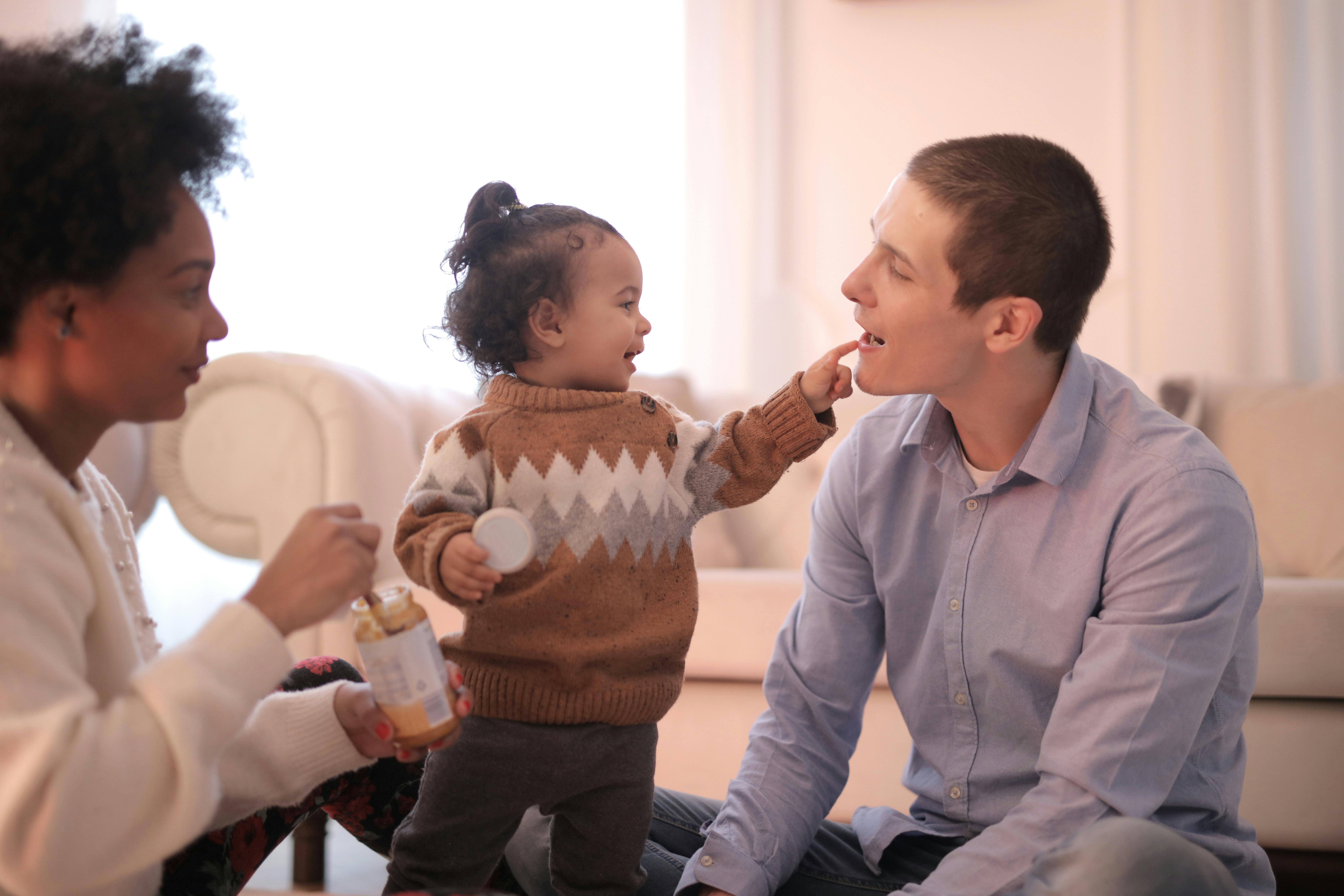Tips for children’s etiquette
Communication etiquette is not reserved for adults or business people only. Children are being seen and heard in public and they need to learn and develop the right skills at an early age. There are several ways that children can be respectful, courteous, and professional when interacting with peers and adults at school and at community functions. We encourage all children and students to come forward and use etiquette to build a professional image and make a great first impression.
Chewing gum is not allowed
Whether it’s a school play, a PTA meeting, or a community fundraiser, we recommend that children not chew gum or candy. Children are not as reserved about chewing gum as adults. They tend to chew harder, blow bubbles, and open their mouths wider. It can be an extremely unpleasant distraction to others. If that child is trying to sell something to raise funds or present a speech or presentation, it is considered very unprofessional. Also, when kids eat candy or chew gum, they don’t always dispose of the trash or candy wrapper in the proper disposal areas, leaving an unwanted mess.
cell phone etiquette
It is very common to see children with cell phones, but they must learn to use cell phones and electronic devices properly. Children should keep their phones on low volume, silent or vibrate when in public. Loud cell phones can cause a commotion in any setting. Also, kids need to be selective about how and where they answer their phones. If they are in a crowded place, children should excuse themselves to answer an important/relevant call. Or they may choose to call the other person back at a more convenient time. While talking on the phone, children should never speak loudly or talk about personal business or matters in public.
being friendly
While in public view, children must refrain from being loud and disruptive. They must also use manners and distinction when speaking or interacting with adults. Children should refer to adults by their last names or proper titles. They should also use polite words like “please, ma’am/sir, thank you, excuse me, excuse me, no, thank you, etc.” . Showing manners and being respectful is not only important to the child, it is a reflection of her parents and her upbringing. Behaving properly and gracefully in the public eye is always a plus.
